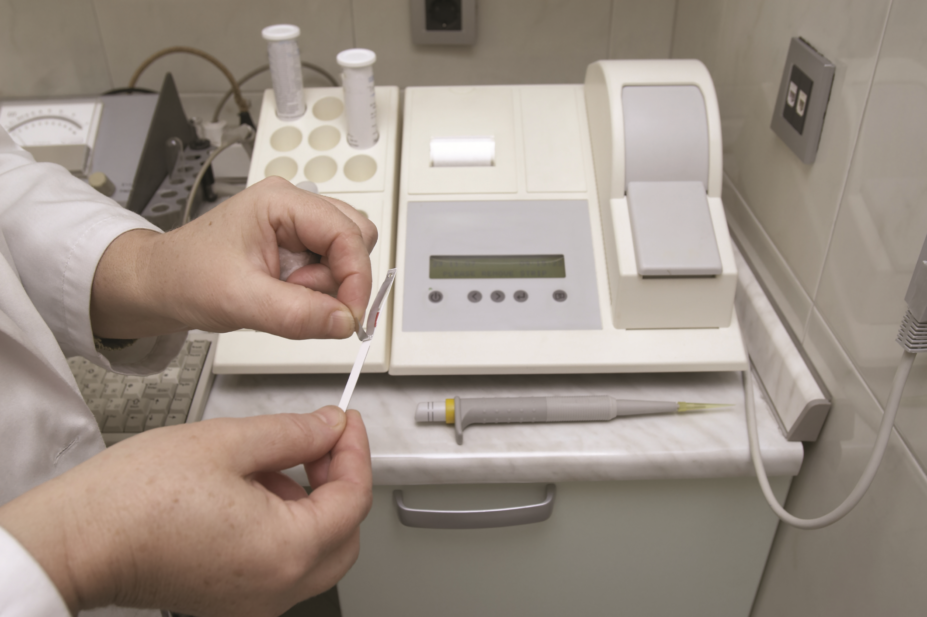
Shutterstock.com
An increase in pharmacists working in GP practices and wider primary care pharmacy roles has prompted the Pharmacists’ Defence Association (PDA) to offer training on how to manage risks in these new roles.
This month [6 October] the defence body launched the “PDA Plus partnership” to develop a range of risk-management training programmes based on incidents and concerns that have been handled by the PDA.
The PDA said pharmacists were finding themselves in “unfamiliar territory” which had led to a wider range of queries to the association based on these new roles.
The NHS ‘Five year forward view’, published in 2014, promised to put 500 “clinical pharmacists” into GP surgeries, and NHS chief executive Simon Stevens announced in 2017 that the five-year forward view pledge would be extended to create 1,300 posts for pharmacists working in GP surgeries by 2019.
The training materials developed by the PDA and training consultancy MORPh are designed to prevent PDA members from encountering claims and incidents while working in these new roles.
Modules will cover: interpretation of laboratory results; managing chronic pain; mental health; diabetes; dressings and unravelling the drug tariff.
The training will be free to PDA members, but non-members will have to pay.
Commenting on the initiative, Paul Day, the PDA Union’s national officer, said some issues that were emerging for the PDA included pharmacists who had “not managed to work out the extent or the boundaries of their competencies, and as a result found themselves in a situation where they had gone beyond what should have been the case”.
He said relationships with GPs were in many cases “very new and untested; the respective expectations of what the pharmacist should be doing and how can be very different. This has caused some tension and frustration”.
And he added that while GPs spend 18 months training in supervised practice, “pharmacists are not enjoying anything like this kind of support”.


